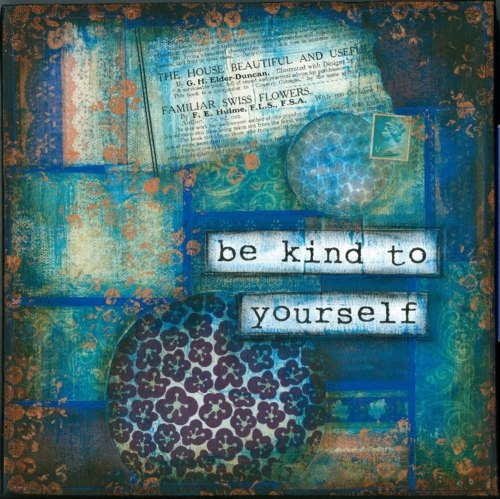When I was writing Hijas Americanas, a Latina approached me who wanted to tell her story, even though no one knew her secret. You see, she has in her eight year of battling bulimia and had never told anyone what she was doing, the ways she was suffering, because Latinas are not supposed to have eating disorders.
As Penelope so powerfully told me,
“Historically speaking, weight-consciousness is not the province of sexy, bold Latinas. But we exist. We are out there, but I have never met another Latina who admitted to having bulimia. For years, I have wanted to tell my friends. I have told them everything about me, except for this, because it is not something that is discussed. It is a white-girl thing.”
Here’s the thing. We think we know a little about eating disorders. We think knowing a little means a lot. It doesn’t. Eating disorders in general, and bulimia specifically, are not a white girl thing. They aren’t even just a girl thing. Eating disorders do not discriminate. Bulimia does not discriminate. But it we learn more about eating disorders and bulimia, we can be more discriminating about the jokes we make that aren’t really funny and the support we give the people who need us to be in their corner.
Did you know that approximately 10 million women and girls and 1 million men and boys in the United States suffer from anorexia and/or bulimia?
Did you know that those who suffer from bulimia can be average weight?
Did you know that bulimia can be just as dangerous to one’s health as other eating disorders?
Bulimia nervosa is a serious, potentially life-threatening eating disorder characterized by a cycle of bingeing and compensatory behaviors such as self-induced vomiting, fasting, excessive exercise or laxative used that are each designed to undo or compensate for the effects of binge eating.
Bulimia Nervosa has three primary symptoms:
Regular intake of large amounts of food accompanied by a sense of loss of control over eating behavior.
Regular use of inappropriate compensatory behaviors such as self-induced vomiting, laxative or diuretic abuse, fasting, and/or obsessive or compulsive exercise.
Extreme concern with body weight and shape.
Because the chance for recovery increases the earlier bulimia nervosa is detected, several bloggers around the internet are bringing awareness to this eating disorder today. As a member of a National Eating Disorders Association Task Force two years ago, I am super proud of their resources (we spent a year editing them and creating new ones) and wanted to share information with you from their resources.
What are the warning signs?
Evidence of binge eating, including disappearance of large amounts of food in short periods of time or the existence of wrappers and containers indicating the consumption of large amounts of food.
Evidence of purging behaviors, including frequent trips to the bathroom after meals, signs and/or smells of vomiting, packages of laxatives or diuretics.
Excessive, rigid exercise regimen–despite weather, fatigue, illness, or injury, the need to “burn off” calories taken in.
Unusual swelling of the cheeks or jaw area.
Calluses on the back of the hands and knuckles.
Discoloration or staining of the teeth.
Creation of lifestyle schedules or rituals to make time for binge-and-purge sessions.
Withdrawal from usual friends and activities.
In general, behaviors and attitudes indicating that weight loss, dieting, and control of food are becoming primary concerns.
What are some of the health consequences?
Bulimia nervosa can be extremely harmful to the body. The recurrent binge-and-purge cycles can damage the entire digestive system and purge behaviors can lead to electrolyte and chemical imbalances in the body that affect the heart and other major organ functions.
Are you interested in some resources to help you or someone you love navigate recovery?
In addition to the National Eating Disorders Association, you can check out Polly Merten’s work at Get Busy Thriving.
Polly has a couple free e-books that might be of interest to you, too:
Finally, you can visit all the blogs that are raising awareness about bulimia today.




Hi Rosie,
Thank you so much for sharing my ebook and resources for people looking for help with their eating disorder. I really appreciate your work and what you’re up to. Keep it up…you are making a difference in this world. xx
With love and light,
Polly Mertens